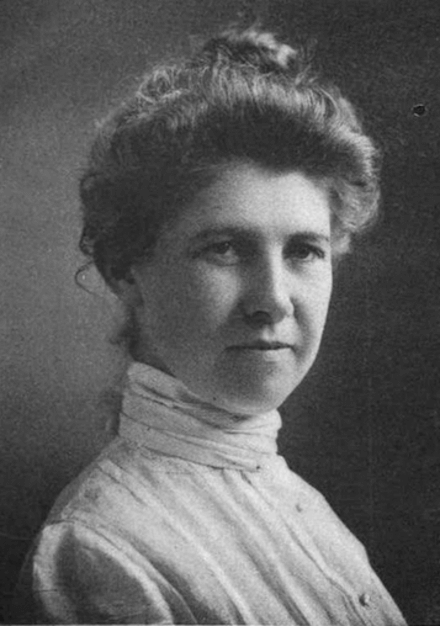7.2 Margaret Haley, “Why Teachers Should Organize” 1904
Teaching Labor's Story
Menu
7.2 Margaret Haley, “Why Teachers Should Organize” 1904

Photo: Margaret Haley. Courtesy of Wikipedia.
An excerpted speech given by teacher union leader Margaret Haley to the general assembly of the National Education Association in 1904. It was also published in the Journal of Education.
Primary Source (pdf link)
Teaching Guide (pdf link)
Menu
